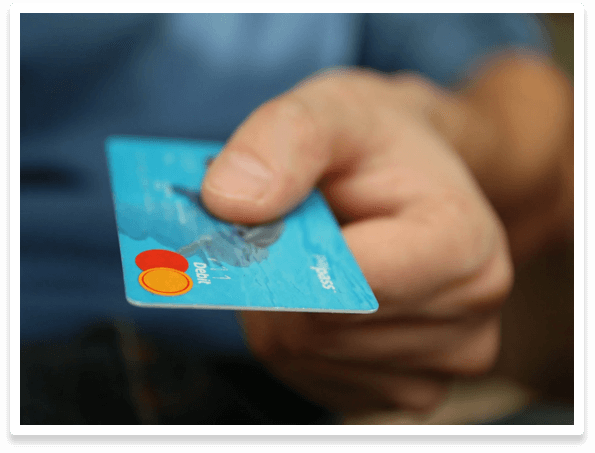Chargebacks
A Guide to Chargebacks
Using credit cards is convenient for many transactions, but it also comes with some risks. Some people worry about the security of their credit card information when they shop online or in person. Sometimes, fraudsters can steal the card details and make unauthorized purchases. Other times, scammers can lure people into buying fake or nonexistent crypto products with their credit cards. These situations call for chargebacks.
If you need to get a chargeback, or a refund to your credit card, you can contact Broker Complaint Registry. Our experts will help you navigate the complex process and advise you on how to recover your money from a crypto scam, a credit card theft, or a merchant dispute. Don’t hesitate to reach out to us if you want to initiate the chargeback process and we will suggest the best way to proceed.

What Is a Chargeback?
Types of Chargebacks
- Credit Card Theft
- Merchant Fraud
- Credit Card Dispute
What Is Involved in a Chargeback or Credit Card Dispute?


